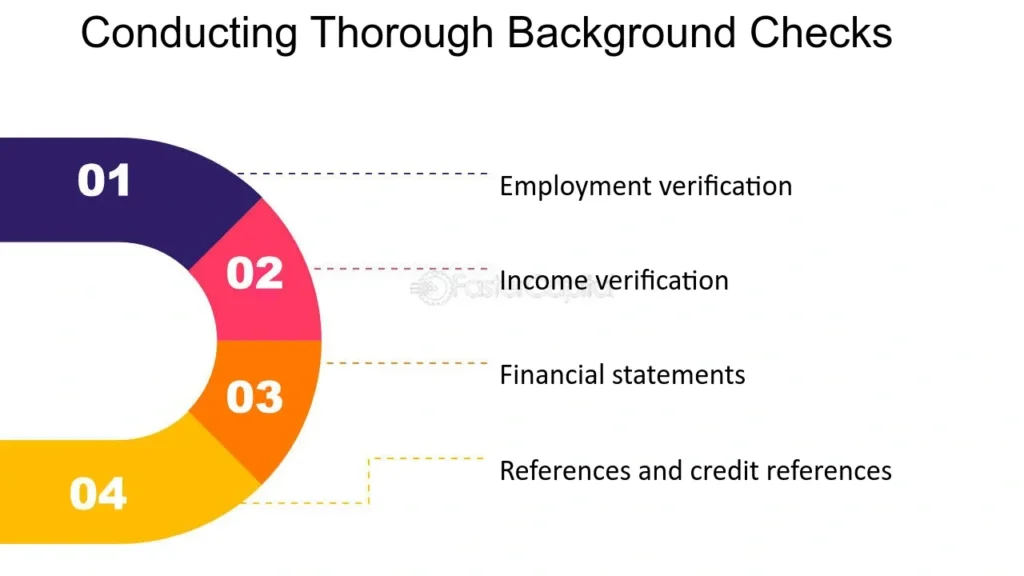How to Avoid Crypto Scams in Vietnam: A Practical Guide for Safer Trading
July 26, 2025

As digital assets gain traction across Vietnam — from Hồ Chí Minh City to Đà Nẵng — so do crypto scams. The headlines are becoming all too familiar: fake trading platforms that vanish overnight, phishing attempts disguised as customer support messages, influencer-backed token promotions that collapse in hours. Yet despite their frequency, spotting these scams before they hit remains a challenge for many.
This guide offers practical steps to help you avoid crypto scams in Vietnam and build habits rooted in secure trading tips. Whether you’re just getting started with Bitcoin or you’ve been exploring altcoins for years, think of this as a personal safety checklist for navigating Vietnam’s crypto scene.
Step 1: Recognize Vietnam’s Most Common Crypto Scams

Credit from MDPI
While scams are constantly evolving, many operate using the same core tricks. Fake investment platforms, often advertised on social media, promise unrealistically high returns. They look legitimate — professional websites, testimonials, even fake licenses — but once users deposit funds, withdrawals become impossible.
Romance-based crypto scams are also on the rise. Scammers create emotional bonds over weeks or months, eventually steering victims toward phony investment apps or wallets. Meanwhile, phishing attacks — disguised as emails, browser pop-ups, or even Zalo messages — ask for seed phrases or wallet access.
Then there are the infamous pump-and-dump tokens. Promoted with urgency, often by influencers, these coins spike in value as followers invest, only to crash once insiders cash out. Knowing these patterns helps you recognize red flags early — before money changes hands.
Step 2: Do Background Checks Before Investing a Single Coin

Credit from FasterCapital
When dealing with a new coin, app, or trading platform, even five minutes of research can make a difference. Scam websites often mimic legitimate ones with minor spelling tweaks in their URLs, so always double-check addresses.
Join Reddit threads, local Facebook groups, or Vietnamese crypto communities on Telegram. These forums often flag suspicious platforms before authorities do. You can also review warnings from Vietnam’s Ministry of Public Security, which occasionally publishes blacklists of fraudulent services.
It’s also worth cross-referencing project names. Many scams reuse branding from previously defunct projects, hoping people won’t notice. If anything seems off — trust your instincts.
Step 3: Choose Wallets and Exchanges with a Proven Reputation
Trustworthy platforms usually have verifiable histories and offer standard security tools like two-factor authentication (2FA). While many in Vietnam trade through global exchanges such as Binance, a growing number of local exchanges are emerging — some reliable, others not.
Before signing up, ask yourself: Is the app available through official app stores, with authentic user reviews? Does the company list a real address or public leadership team? Is there any indication of transparency or regulation?
Also, avoid storing large amounts of crypto on any exchange. For long-term holding, hardware wallets or cold storage are the safer option.
Step 4: Approach Influencers and Online Advice with Crypto Scams Caution
It’s no secret that online personalities play a major role in shaping crypto interest — but this influence can be dangerous. Many scams gain momentum through popular TikTokers or YouTubers who may not disclose sponsorships or affiliations.
Before following any advice like “Top 3 Coins to Explode This Month,” take a step back. Ask whether the video is offering real analysis or simply hype. Research the token separately. Even influencers with good intentions have unknowingly promoted frauds.
It’s not about distrust — it’s about balance. Online opinions should supplement your research, not replace it.
Step 5: Practice Safe Habits with Every Transaction
Crypto safety doesn’t come from one-time precautions; it comes from daily habits. Always double-check wallet addresses before sending funds — especially when copy-pasting from messages or group chats.
Never share your private key, seed phrase, or screenshots of your wallet QR code. These details are the gateway to your assets. Use strong, unique passwords and secure them in a password manager. Enable biometric login or two-factor authentication whenever available.
Also, avoid trading over public Wi-Fi networks, where your connection could be intercepted. These habits may feel excessive — until they save you from disaster.
Step 6: If You’re Scammed, Act Fast and Document Everything
If you believe you’ve fallen victim to a scam, don’t panic — but do act. Start by documenting all relevant details, including chat logs, transaction IDs, and wallet addresses. This information can be vital later.
Disengage from the scammer. Any further interaction may lead to manipulation or emotional pressure. Then file a report with the cybercrime unit of Vietnam’s Ministry of Public Security (A05). While recovery isn’t always possible, your report helps authorities track patterns and protect others.
Consider sharing your experience — even anonymously — on local forums. Real-life cases help others spot scams faster.
Step 7: Stay Updated — Crypto Safety Is Ongoing

Crypto scams are constantly changing, and so should your knowledge. Join communities that regularly share updates — such as Vietnamese Facebook groups, Telegram chats, or YouTube channels like “CryptoVN,” which often highlight new fraud tactics.
Offline learning matters too. From crypto safety workshops in major cities to university programs starting to include blockchain security, Vietnam is gradually building awareness from the ground up. Staying informed is one of the strongest defenses you have.
Final Thought: Crypto Scams in Vietnam Are Real — But So Are the Tools to Beat Them
Protecting your digital assets in Vietnam’s expanding crypto landscape isn’t about fear — it’s about awareness. By applying secure trading tips, recognizing scam patterns, and sharing what you know, you become part of a more resilient ecosystem.
Crypto remains a space of great promise, but only if we invest not just our money — but our attention, too.

